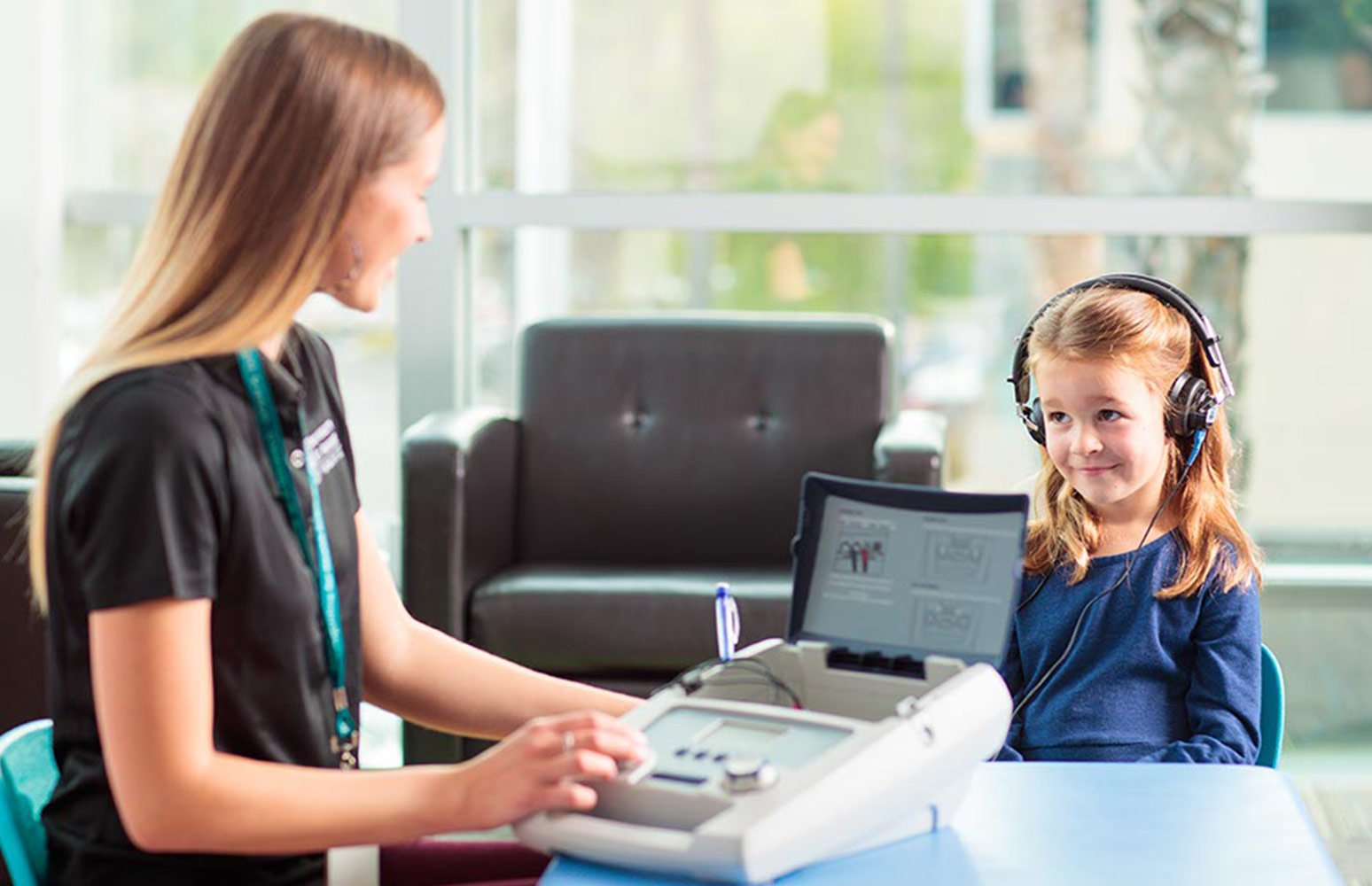What Makes a Good Speech Pathologist? Key Qualities to Look For
What Makes a Good Speech Pathologist? Key Qualities to Look For
Blog Article
Just How a Speech Pathologist Can Help Improve Communication Abilities
Efficient communication is a cornerstone of professional and individual success, yet lots of individuals encounter difficulties that impede their capability to express themselves plainly. A speech pathologist is furnished to attend to these barriers via targeted evaluation and intervention techniques customized to each person's demands.
Comprehending Communication Problems
Understanding interaction problems is essential for acknowledging exactly how they affect individuals' ability to share themselves and engage with others. Communication problems include a large range of troubles that affect speech, language, and social interaction, frequently impeding reliable interaction. These problems can arise from different aspects, including neurological problems, developmental delays, physical impairments, or psychological concerns.
Speech disorders may manifest as difficulties in fluency, voice, or expression manufacturing, affecting how words are pronounced or talked. Language conditions, on the various other hand, include challenges in understanding or making use of language, which can hinder both spoken and non-verbal interaction. Social interaction conditions are defined by troubles in the pragmatic aspects of interaction, such as taking kip down conversation or understanding social cues.
The effects of communication conditions are extensive, affecting not only the person's ability to share ideas and feelings yet likewise their social connections, academic chances, and general quality of life. Awareness of these conditions can cultivate empathy and assistance, urging effective methods for communication and engagement. Understanding the complexities of interaction problems is a critical step towards promoting inclusivity and addressing the demands of those impacted.
Role of a Speech Pathologist
Speech pathologists frequently play an essential duty in treating and detecting interaction disorders, using a range of evidence-based strategies tailored to every individual's demands. These experts deal with individuals throughout the life expectancy, from youngsters with speech hold-ups to grownups recouping from strokes or terrible mind injuries. Their competence incorporates a variety of communication issues, including expression, voice, language, and fluency problems.
In healing settings, speech pathologists make use of structured treatments developed to enhance interaction skills. They may apply strategies such as speech exercises, language games, and social communication training to help with renovations in receptive and expressive language capabilities. Speech Pathologist. In addition, they inform clients and their households regarding efficient interaction methods and adaptive approaches to browse day-to-day interactions
Beyond direct treatment, speech pathologists work together with various other medical care caregivers, instructors, and professionals to make sure a detailed strategy to treatment. They promote for customers by supplying resources and support, allowing individuals to accomplish their interaction goals and improve their overall top quality of life. As specialists in the field, speech pathologists are crucial in fostering effective communication, promoting independence, and boosting social involvement for those with interaction difficulties.
Analysis and Diagnosis Process
The evaluation and diagnosis procedure carried out by speech pathologists generally entails a thorough assessment to determine interaction conditions precisely. This procedure begins with a comprehensive case background, where the medical professional collects pertinent info concerning the individual's medical, educational, and developmental history. Comprehending the context of the person's interaction problems is important for an exact diagnosis.
Following the medical history, speech pathologists utilize casual assessments and standard tests to review various elements of communication, consisting of speech noise production, language comprehension, meaningful language, and social interaction skills. These assessments are customized to the individual's age and specific problems, offering important information for evaluation.
Observation is also a critical component of the evaluation process, as it enables the medical professional to see firsthand how the specific communicates in natural setups. In addition, interviews with relative and instructors can offer understanding right into the person's communication difficulties across various atmospheres.
When the evaluation is total, the speech pathologist synthesizes the findings to determine a medical diagnosis and advise proper interventions. This thorough analysis procedure guarantees that people receive targeted assistance tailored to their distinct interaction demands, laying the foundation for efficient therapeutic techniques.
Healing Techniques and Methods
Numerous therapeutic techniques and techniques are used by speech pathologists to address a selection of interaction conditions successfully. One commonly utilized technique is expression treatment, which concentrates on correcting speech sounds via repetition and aesthetic hints. This strategy is especially advantageous for individuals with speech sound conditions.
One more reliable strategy is language intervention, which boosts both responsive and meaningful language skills. This might include interactive activities that advertise vocabulary growth, sentence framework understanding, and conversational skills. Furthermore, speech pathologists usually utilize social abilities training to enhance practical language capabilities, allowing individuals to browse social communications a lot more successfully.
Fluency shaping and stuttering adjustment techniques imp source are particularly created to help those experiencing fluency conditions. These methods aid clients create smoother speech patterns and take care of the psychological and physical parts of stuttering.
In addition, alternative and augmentative communication (AAC) systems are used for individuals with extreme interaction disabilities. These systems, which can include gestures, icons, or electronic devices, provide important support for reliable communication.
Advantages of Speech Therapy

In addition, speech treatment can important source assist in establishing important listening and understanding abilities, fostering much better interaction in discussions. People with cognitive-communication conditions can additionally benefit, as therapy concentrates on reinforcing memory and analytical abilities, vital for reliable interaction.
Another important aspect is the emotional support supplied during therapy sessions. Speech pathologists produce a risk-free setting, encouraging people to overcome anxiety and frustration pertaining to their communication concerns. This assistance can cause improved self-confidence and overall psychological health.
Moreover, early intervention with speech treatment can protect against more difficulties, ensuring that individuals reach their full communicative potential. Overall, the advantages of speech therapy extend past mere speech improvement, favorably influencing various dimensions of life for those influenced by communication troubles.
Verdict
In summary, speech pathologists play a critical duty in dealing with communication disorders with evaluation, diagnosis, and customized restorative interventions. By using evidence-based techniques, these specialists improve individuals' speech and language abilities, fostering improved clarity, fluency, and social interaction skills. The advantages of very early intervention emphasize the importance of seeking help from speech pathologists, as their experience can substantially boost communicative possibility, inevitably bring about better success in both professional and personal balls.

Speech pathologists often play a vital duty in detecting and treating interaction disorders, employing an array of evidence-based techniques tailored to each individual's demands. As professionals in the field, speech pathologists are necessary in cultivating effective communication, promoting independence, and improving social participation for those with communication obstacles.

Report this page